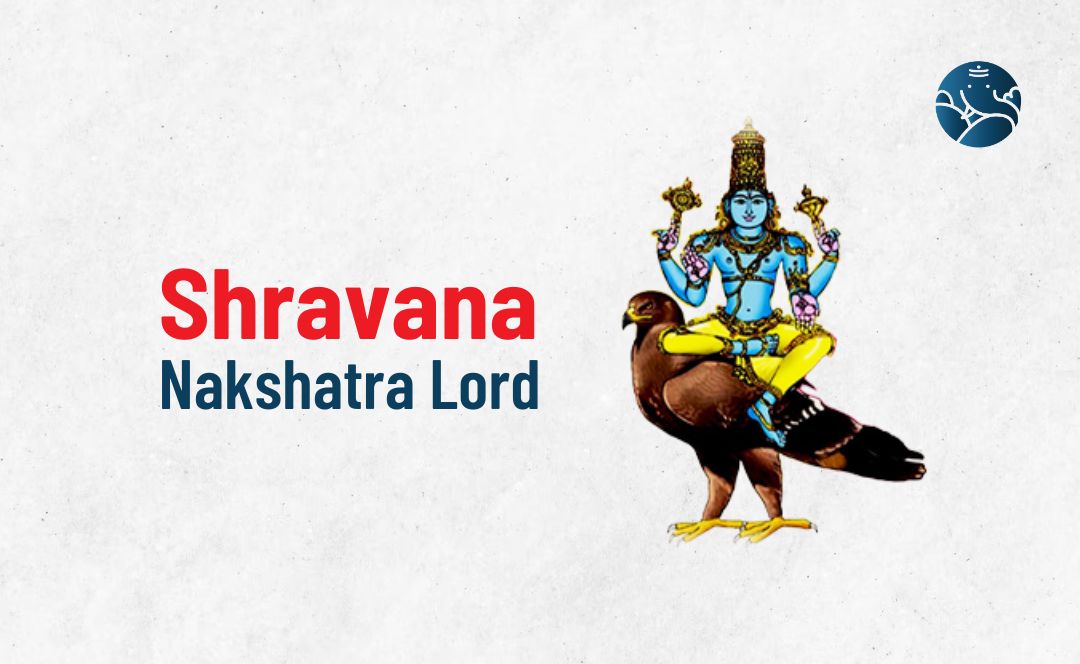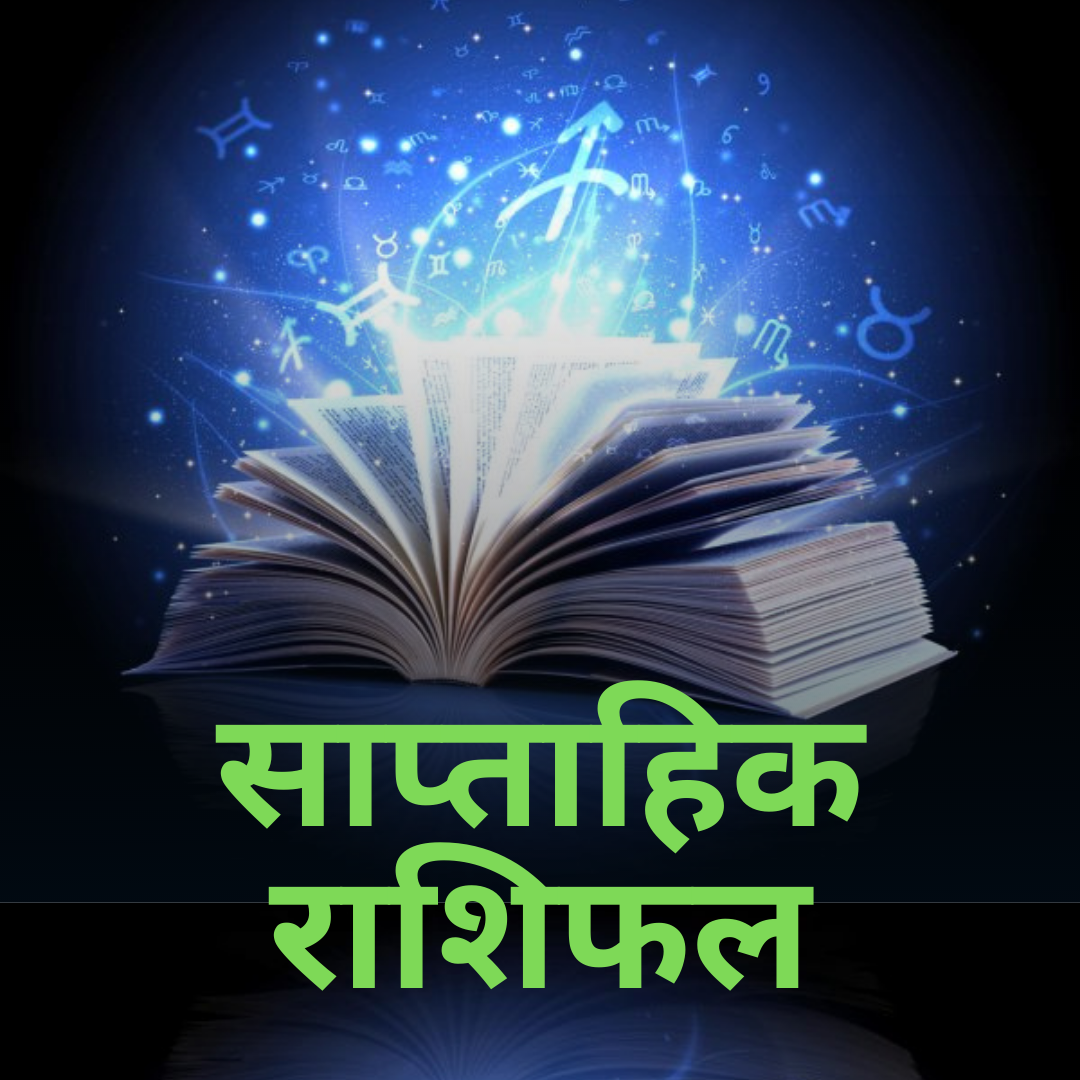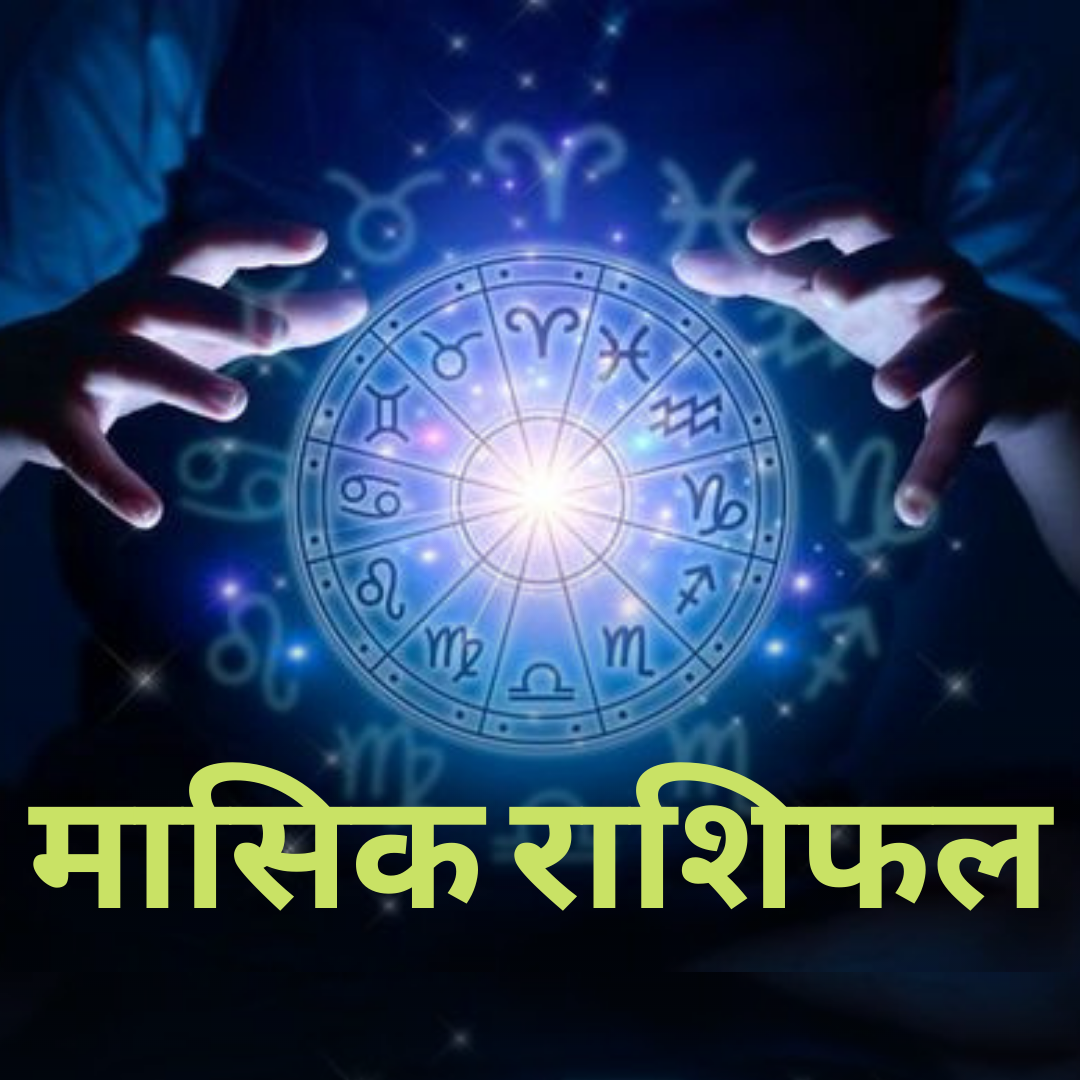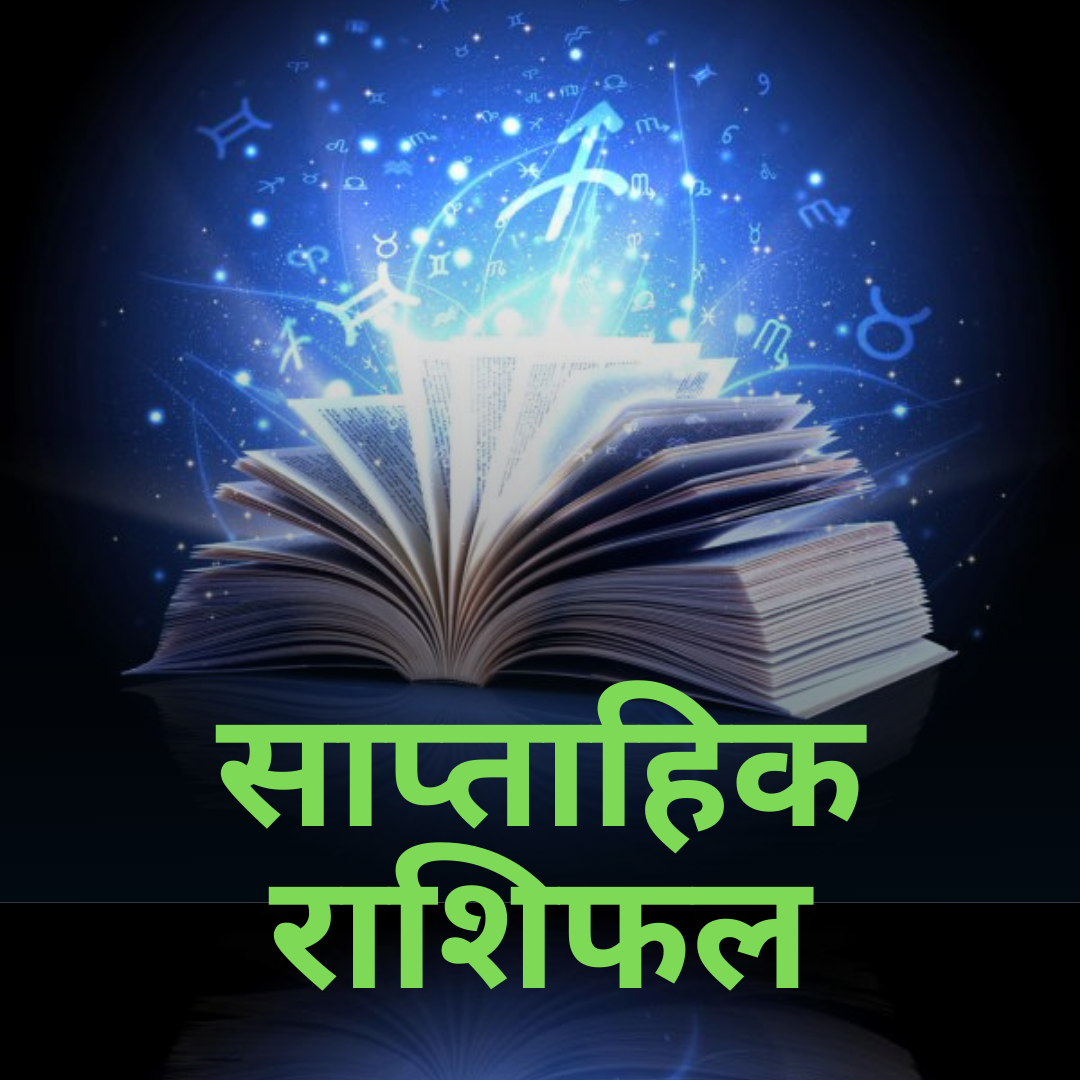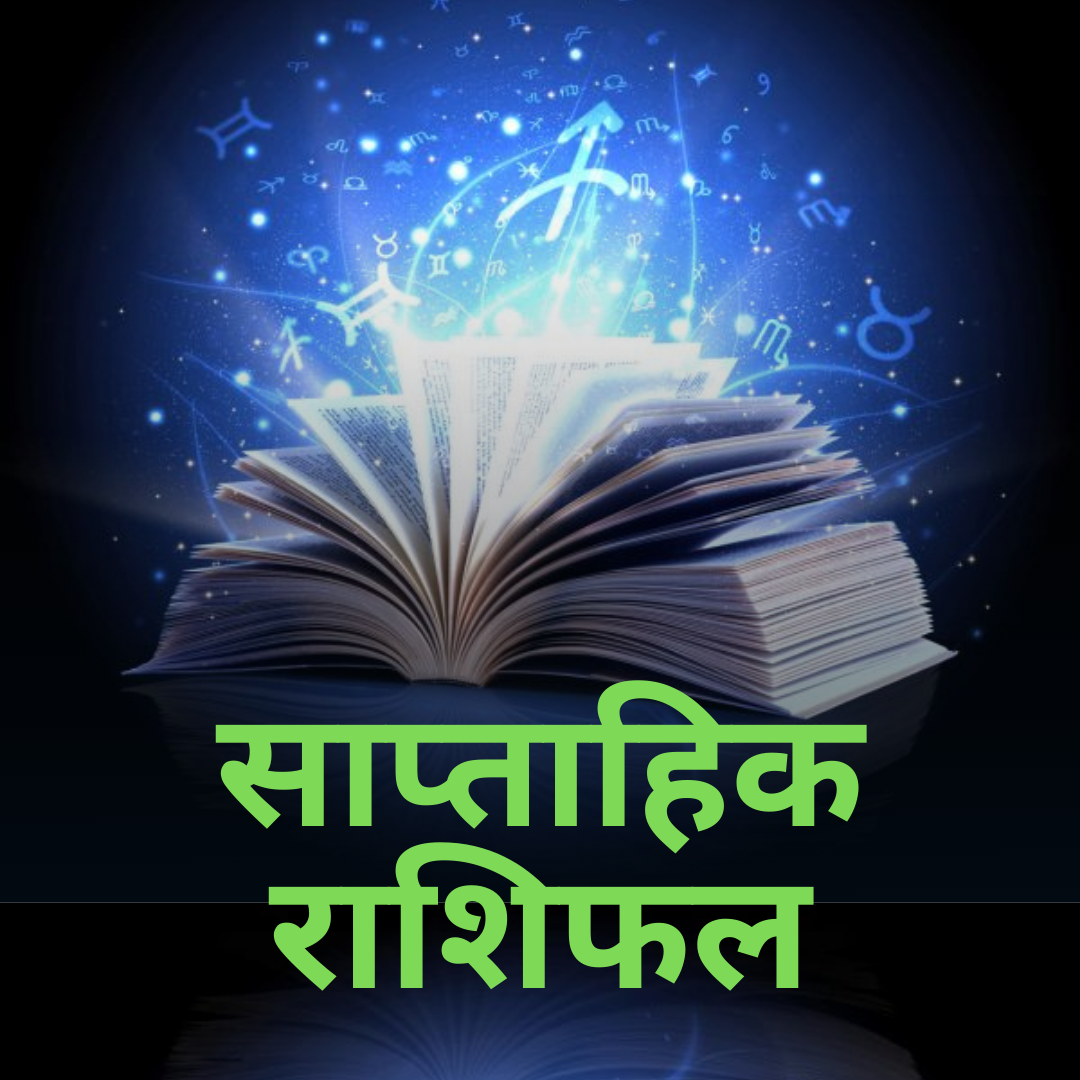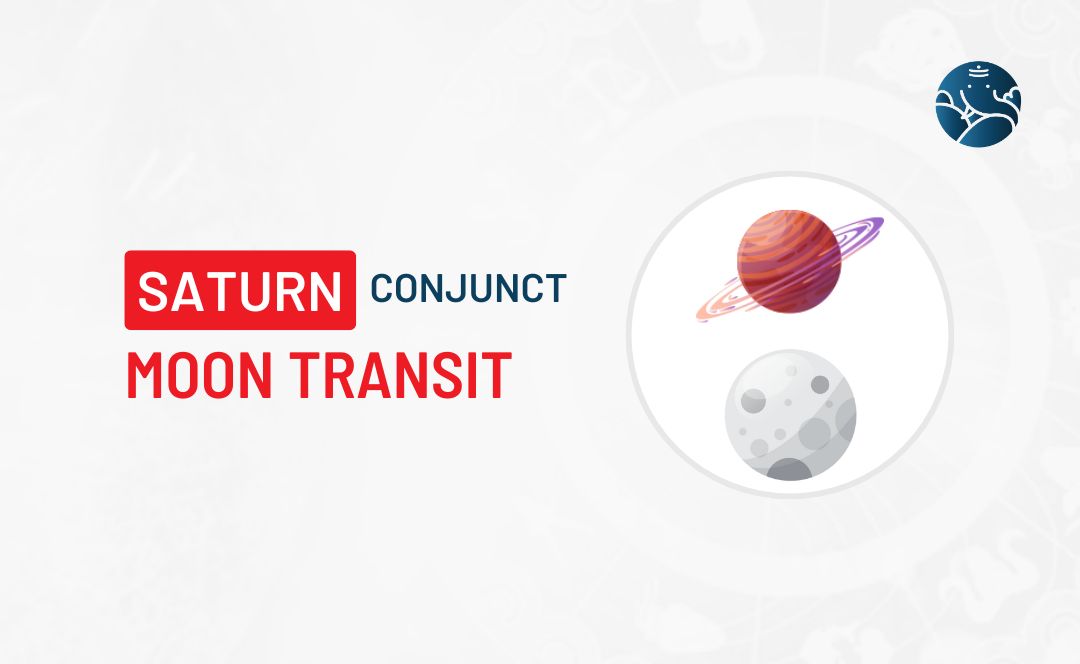
Saturn Conjunct Moon Transit - Know its Effects
When Saturn conjuncts the Moon as a transit, it represents a period when the energies of these two planets align and interact in our lives. This conjunction brings a mix of emotional sensitivity, a need for structure, and emotional security. The Saturn conjunct Moon transit prompts us to confront emotional patterns, establish healthy boundaries, and find a balance between our emotional needs and responsibilities.
You may go so far as to treat necessities as decoration and keep your food, clothing, and household items to a minimum – even when you could comfortably buy more. You try to be as self-sufficient and discreet as possible. Maybe you even see your emotions as a boring obstacle. This, of course, can complicate your intimate relationships and force you to suppress those feelings that deserve to see the light of bright days.
Saturn Conjunct Moon Transit Meaning
The transit of Saturn and the Moon gives an open door to self-awareness, close-to-home recuperating, and the foundation of a solid starting point for our profound prosperity and connections. By getting it and embracing the energies of this transit, we can confront its difficulties and take full advantage of the open doors it presents for individual and profound development. For additional perusing on comparative subjects, consider the Neptune-Saturn transit, which offers special experiences in self-awareness and close-to-home recuperating.
The transit of Saturn and Moon is a test of your emotional power. Your feelings might get hurt and you might cry. If you have been emotionally mature and responsible in the past, you will still be under Saturn's cold, harsh hand. However, you will feel less emotional pain and recover faster. Saturn's transit does not hamper your emotions or make you careless. Saturn fills your feelings with responsibility, guilt, shame, loss, isolation, loneliness, and depression. Your partner, mother, children, family, and even your home may somehow be involved in a cosmic conspiracy to make your life difficult for a few weeks.
Saturn Moon Conjunction Transit
Transit of Saturn and Moon, thoughts and emotions can weigh heavy on your mind and heart. You are prone to making harsh judgments about yourself and your real or imagined deficiencies. You are also more sensitive, even to constructive feedback from those in authority and those you respect. When you're under a lot of pressure, you can be just as critical about others.
If you are in therapy or engage in self-evaluation, this can be a very practical transition. You can delve into the depths of your mind and understand how your belief patterns and circumstances have made you who you are. Then you can slowly begin to build new structures that improve your life. You should also be careful how you carry the emotional burden of others. One person's problem can quickly become your problem, or jointly "our" problem, when there is little you can do other than listen intelligently or offer advice.
Saturn Conjunct Moon Transit Marriage
According to Marriage Prediction, moon is a fast-moving planet and Saturn is a slow-moving planet which indicates that differences over small matters between partners are frequent but the differences grow at a very slow pace.
Saturn Conjunct Moon Transit Soulmate
Due to Moon conjunct Saturn transit, the chances of agreement are stronger than separation. This transit often highlights the need to redefine our relationship with our family, face childhood wounds, and establish a healthy emotional framework
Conclusion
Transit of Saturn and Moon, it is likely that you have nurtured your parents as much as they have nurtured you. You probably took up responsibility at an early age, and never let it go. Maybe you don't even know how to do that. Maybe there's still a child inside you who rarely goes out to play. You accept that you ought to advance on the planet via really focusing on others and trying to ignore yourself and your own necessities. Get an online astrology consultation to know more about Saturn Conjunct Moon Transit.


